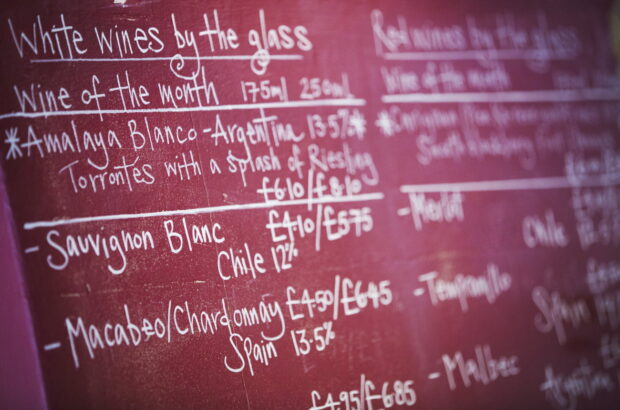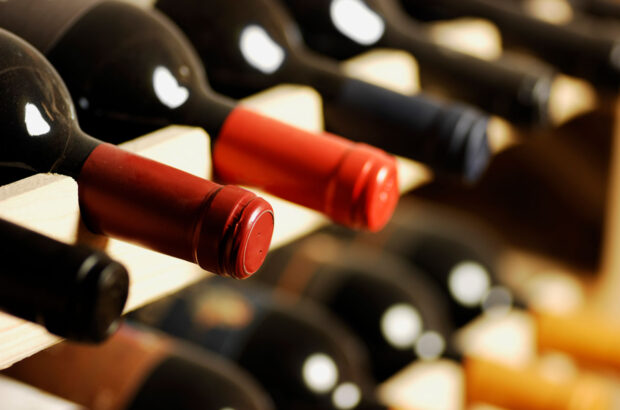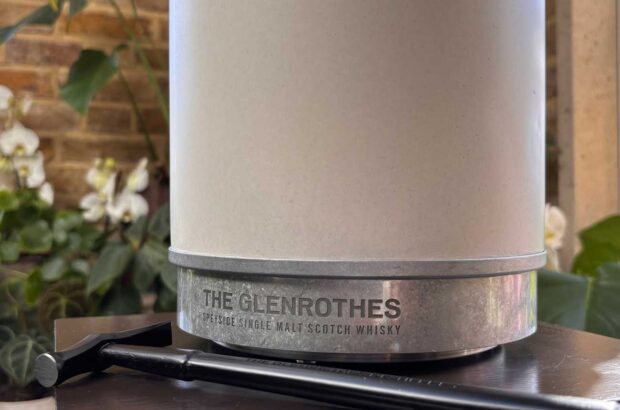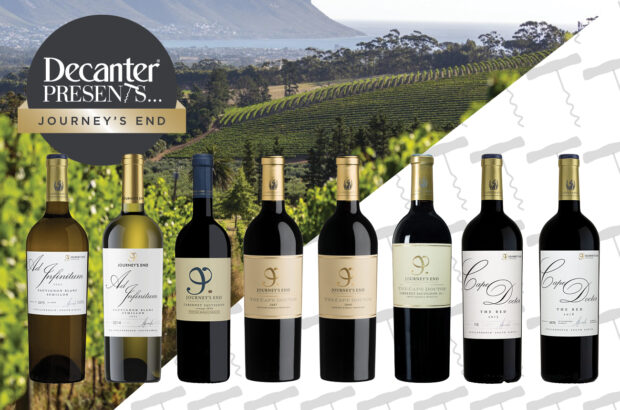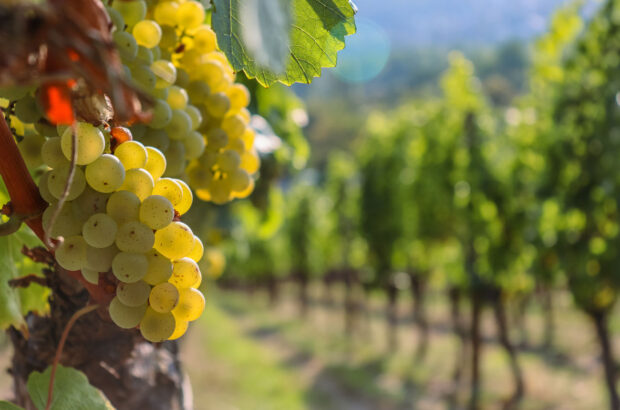South America: Keep
Rich, fruity wines with good ageing potential. Chile just has the edge over Argentina in terms of quality, though the wines may well be ready to drink sooner.
Weather Conditions
Weather conditions that presage the disaster of El Niño and La Niña. Still, it is technology that leads the way. There is disquiet at how dry the Andes look, and how deep the bore holes have to be to hit water. Dry conditions lead to reasonably high concentration of fruit.
Best Appellations
Concentrate on Chile. Argentina is beginning to show greater depth in its offerings, with Cafayate Valley (Salta), Famatina Valley (La Rioja), the Uco Valley (Mendoza) and the Rìo Negro Valley (Patagonia) all attracting attention. Brazil is still harvesting in pouring rain, bless them. Uruguay continues to improve, with some fine Tannat available from Stagniari and Los Cerros de San Juan.
Best Producers
Valdiveiso is certainly worth a look, with the Caballo Loco range a real must. Santa Rita is continuing to explore interesting blends, such as ‘Triple C’ (Cabernet Franc, Cabernet Sauvignon, Carmenère), and Miguel Torres begins to hit out with some mighty impressive wines. In Argentina Catena leads the way, and his second big winery, La Rural, is producing Chardonnay of great stature under the Rutini label.



